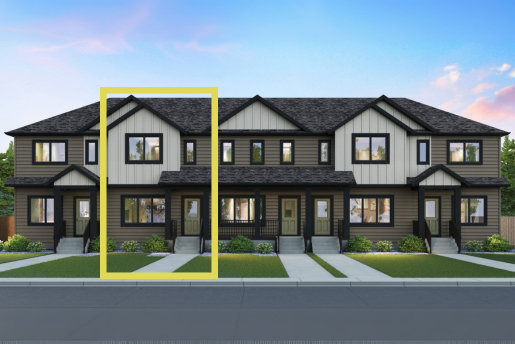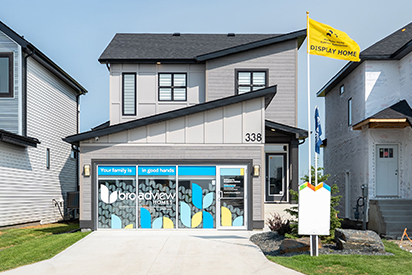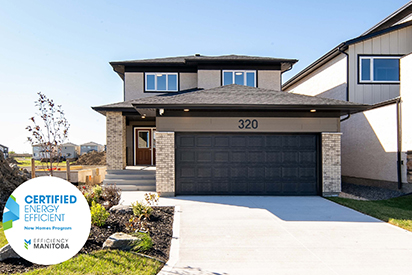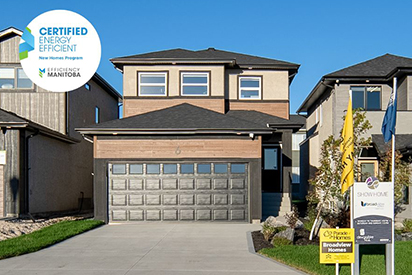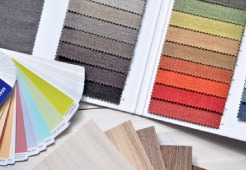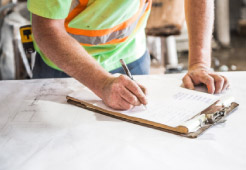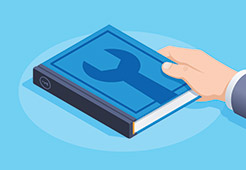All About Credit Scores for Home Buyers

 Before you start searching for your new dream home, you need to give some thought to your finances. You know you’re going to need at least five per cent of the cost of the home for your down payment. You also know you need to choose a home that fits your budget. If you really want to get the best deal on your mortgage, though, you'll need to take the time to learn more about your credit score.
Before you start searching for your new dream home, you need to give some thought to your finances. You know you’re going to need at least five per cent of the cost of the home for your down payment. You also know you need to choose a home that fits your budget. If you really want to get the best deal on your mortgage, though, you'll need to take the time to learn more about your credit score.
What’s in Your Credit Score?
The credit score is a numerical representation of how good you are at paying your bills on time and using credit responsibly. While the exact formulas that determine the score are proprietary, we know there are just a few things that matter: whether you pay your bills on time or not, how much debt you have compared to the amount of credit you have available, how long you’ve had credit, the types of credit you have, and whether you’ve been seeking out new credit.
Having a long credit history, paying bills on time, and keeping your debts low are the keys to having a good credit score.
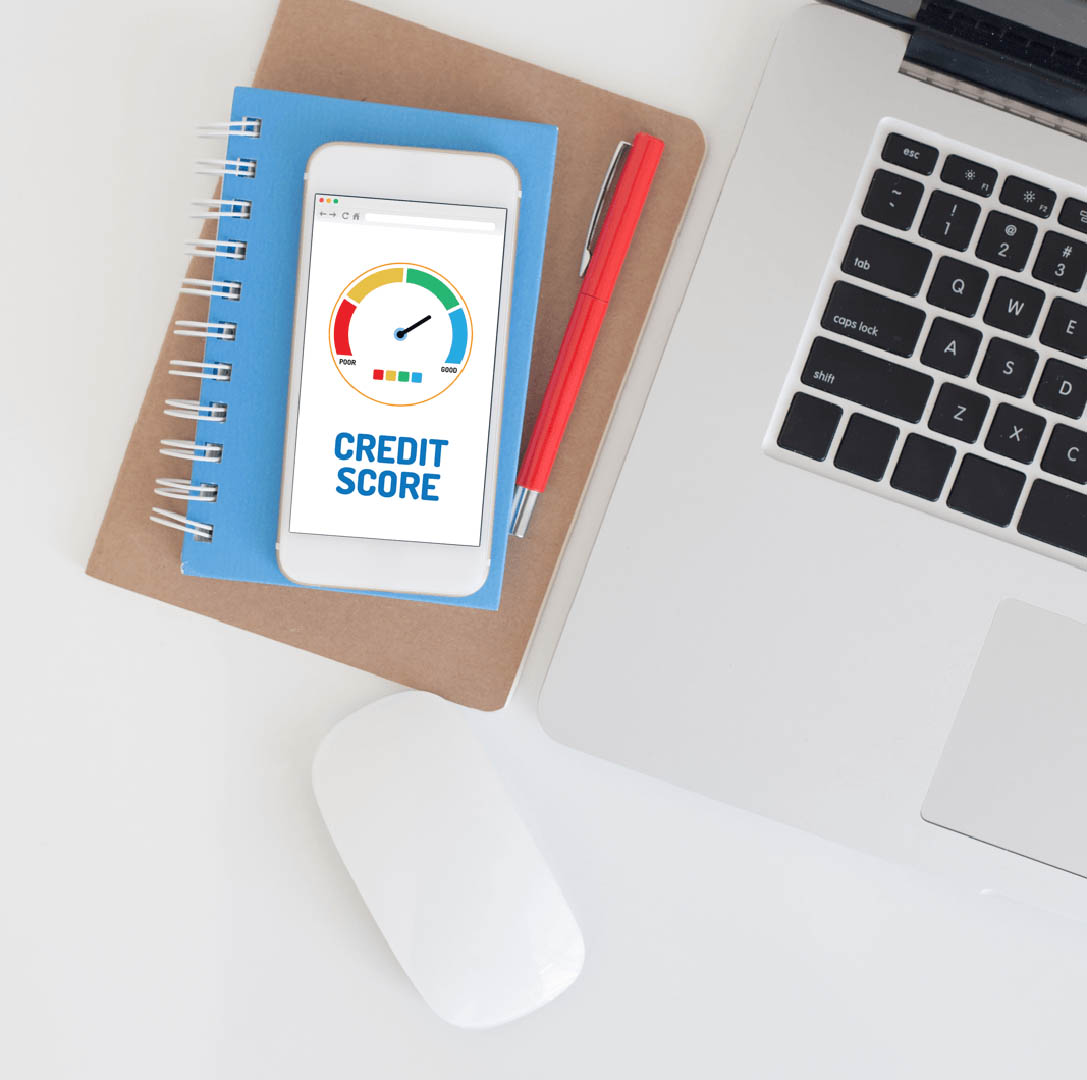 The Credit Report Shows More
The Credit Report Shows More
While the credit score gets most of the recognition, mortgage lenders really look at your full credit report in addition to the score. The report lists all of your creditors and accounts from the last seven years. It shows how much you owe the company and how much credit you have available with them. Finally, lenders can quickly see whether you’ve paid on time each month over those past seven years.
Why is this important?
The credit score is just a snapshot of how you’re doing on a particular day. The credit report shows where the trend lies. For instance, a score of 720 sounds good without any other data. However, the credit report might show it was 750 a year ago and you’ve been late on several payments over the past year. This could make a lender feel wary. However, it might also show that you’ve been working hard to improve your score over the past year. In this case, the lender might be willing to overlook those late payments from four years ago.
Why Your Score Matters
Lenders will use your credit score to determine your interest rate and whether or not they’re willing to lend to you at all. The higher your credit score, the lower your interest rates.
Lenders typically have tiers for different rates. Anyone within a certain range will qualify for a specific interest rate. If you’re at the high end of the range, you might want to work a bit harder to improve your score and get a better rate. If you’re at the low end of the range, you know you need to be careful to maintain that score.
 The Credit Card Dance
The Credit Card Dance
Consumers often feel like they’re doing a bit of a dance with the credit card companies, particularly if they’ve worked hard to pay down debt. Cancelling a credit card after you’ve paid it off can seem like a good idea because it removes the temptation to go into debt again. However, cancelling a card can have a negative effect on your credit score.
If you cancel your oldest credit card in favour of the one you got last year, it shortens your credit history. Instead of looking like you’ve had a credit card for 10 years, your report will look like you’ve only had a credit card for one year. This lowers your score.
Cancelling a card also increases your debit-to-credit ratio. This is the amount of debt you have relative to the amount of available credit you have. Let’s say you finish paying off the debt you had on a credit card with a $10,000 limit, but you still owe $2,500 on a credit card that has a $5,000 limit. Right now, the banks see you're using $2,500 out of $15,000 in available credit. That’s not too bad. However, if you cancel that card with the $10,000 limit, it will look like you owe $2,500 out of $5,000 in available credit. That ratio looks like you don’t know how to manage your credit usage.
It does sometimes make sense to cancel credit cards. If you’re paying an annual fee on a card you don’t use, you’ll want to get rid of it. If you have so many cards that you’re having a hard time managing your accounts, getting rid of a few may be beneficial. However, think twice before cancelling cards you’ve had for a long time or cards with high credit limits.
Building or Improving Credit
You want a good credit score before you buy your new home, so you have to start making changes to your life now. Get a credit card so you can start building up good credit. Secured cards or store credit cards are sometimes good choices for those who don’t have any. Once you have your card, use it a little bit each month, then pay everything off by the due date.
If you already have credit cards - and a large amount of debt - it’s time to start budgeting your money so you can pay it down. Once you decrease your debt, your score will start to rise. Make sure you’re making on-time payments as well.
Good credit is the key to getting a low-interest rate. Take care of your credit history to improve your score and you'll be in your dream home with a manageable mortgage in no time!

